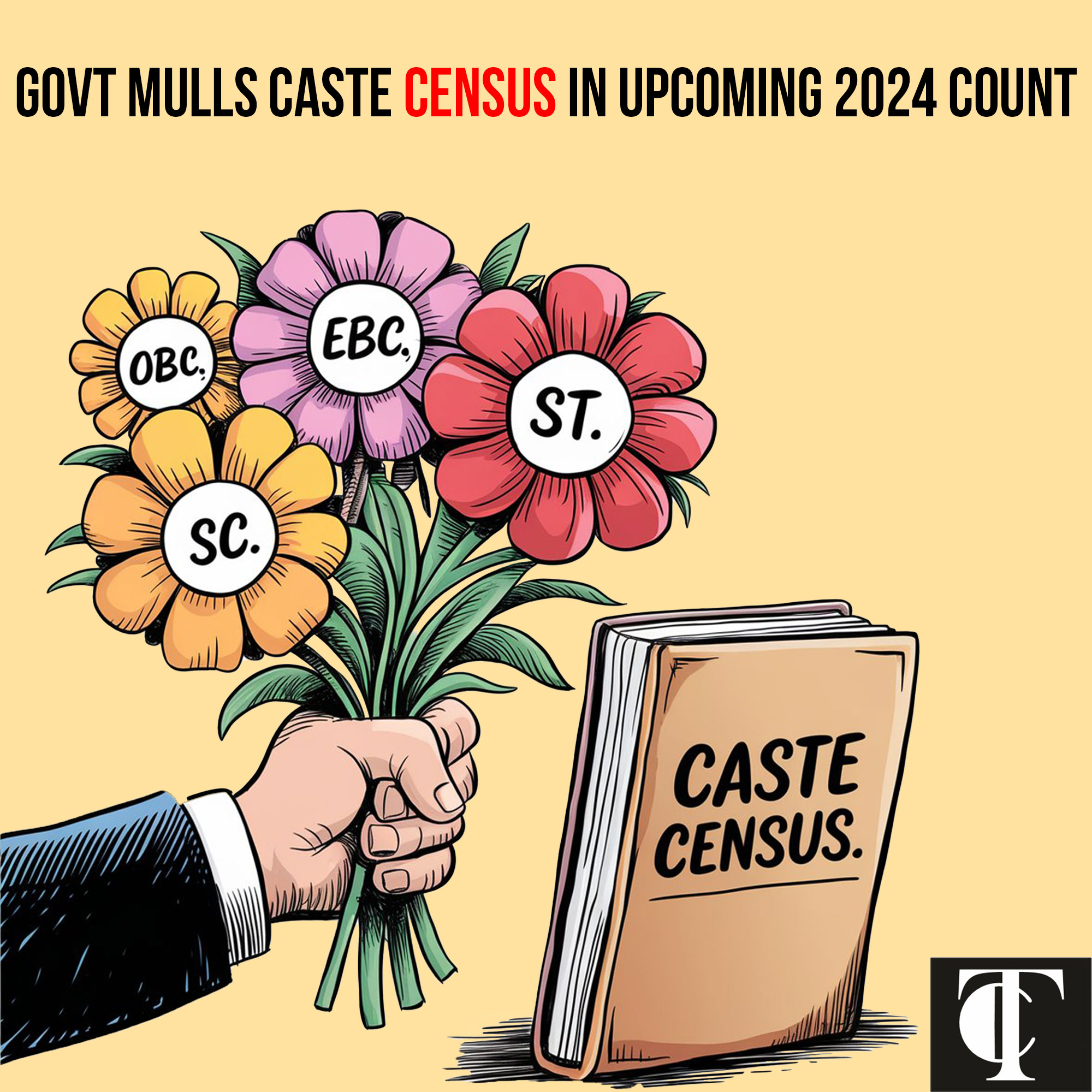


The possible inclusion of caste enumeration in the next Census is a topic of constant debate within the Union administration. The plan has attracted a lot of attention despite the fact that no decision has been made in full because of the repeated requests of multiple political parties, including the Congress and a number of allies of the ruling Bharatiya Janata Party (BJP).
The Houselisting and Housing Schedule in 2020 and the Population Enumeration in 2021 were the two parts of the original Census schedule, which has been postponed till 2021. But there have been several delays due to the COVID-19 pandemic’s start and subsequent administrative difficulties. The continuous discussion about whether or not to include caste data has become an issue of contention in Indian politics, which is contributing to the delay.
In Independent India, a caste-based count has only been done once, in 2011 as part of the Socio-Economic and Caste Census (SECC), which was held independently of the Census. But inconsistent data tainted the collection, as the Union government admitted in an affidavit to the Supreme Court in 2021. The major difference in the number of castes recorded (46 lakh as opposed to 4,147 in the 1931 Census) was highlighted by the government as the main reason why the data was unreliable for making policy, especially in reservation zones.
Some states have opted to carry out their own caste censuses in spite of the national discussion. For example, Bihar finished and released their caste census report in 2023, using both offline and digital methods to gather data. In 2015, Karnataka also ordered a caste census; however, the results are still confidential.
The larger implications for India’s social and political environment continue to be a significant factor for the administration as it deliberates on this delicate matter. In addition to being the first digital census, the one that is coming up may also create a precedent by include caste data, a decision that might have far-reaching effects.
Since 2019, the deadline for freezing administrative boundaries—a necessary step before the Census—has been extended many times. The most recent extension expires on June 30, 2023. This update takes into account the more general concerns about the Census, such as the ongoing discussion around caste enumeration.
READ ALSO : ISRO’s SSLV-D3 Launches EOS-08 & SR-0 Successfully